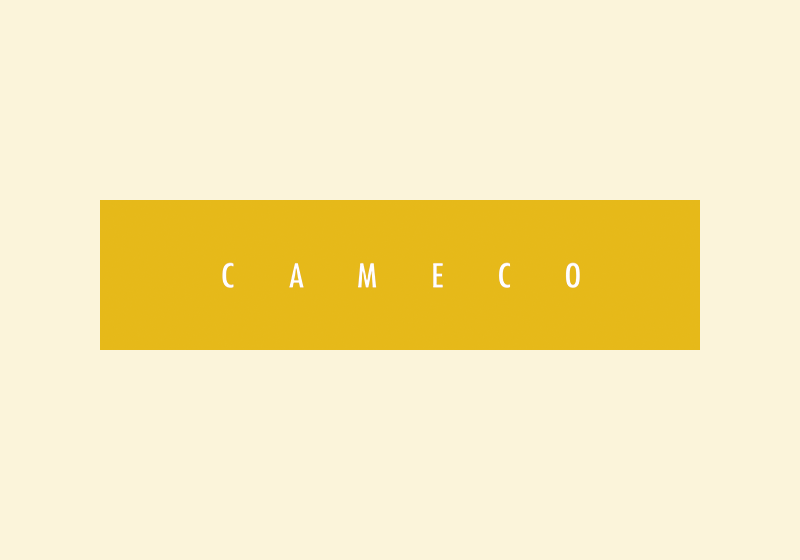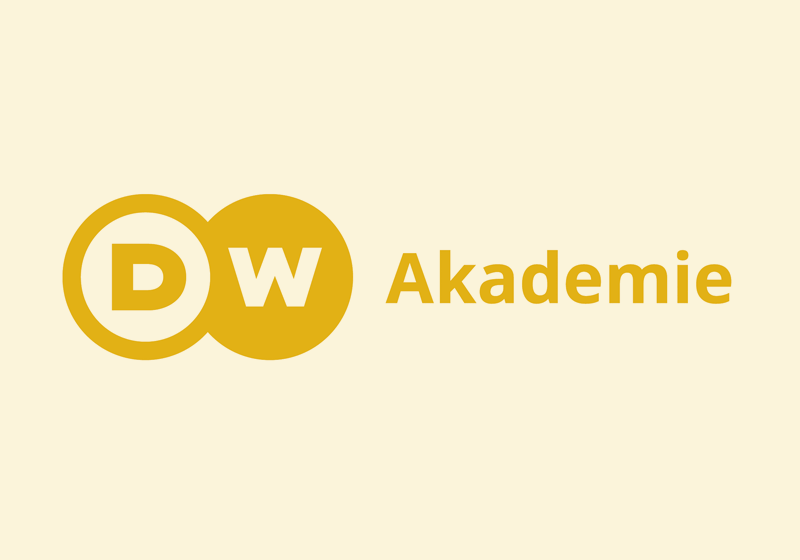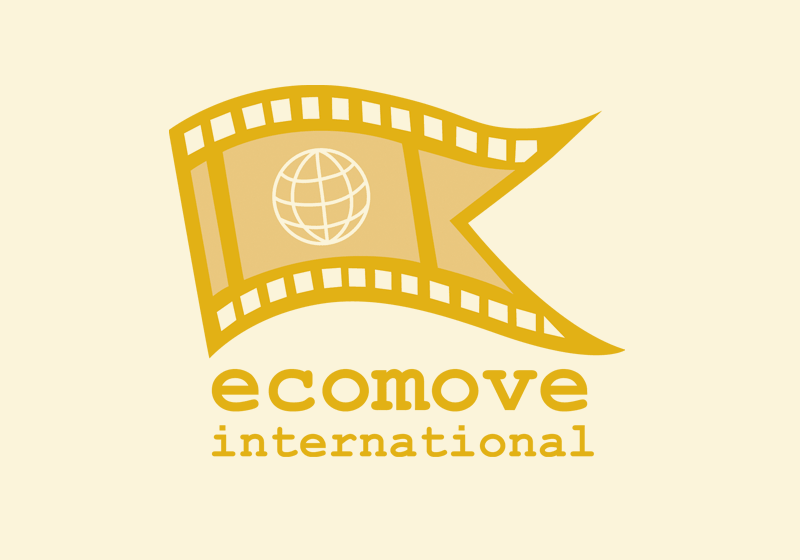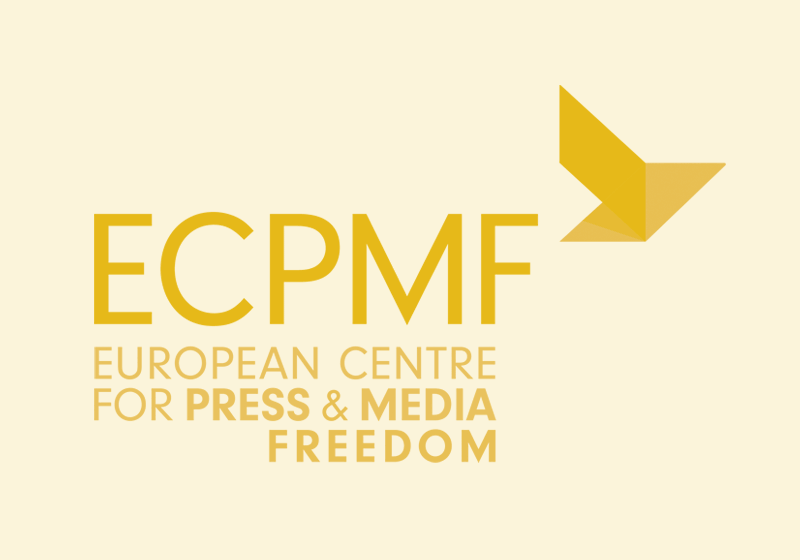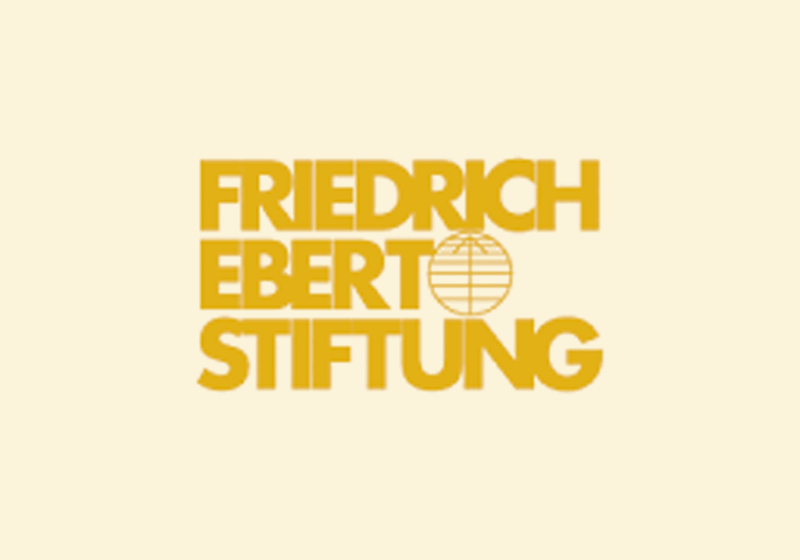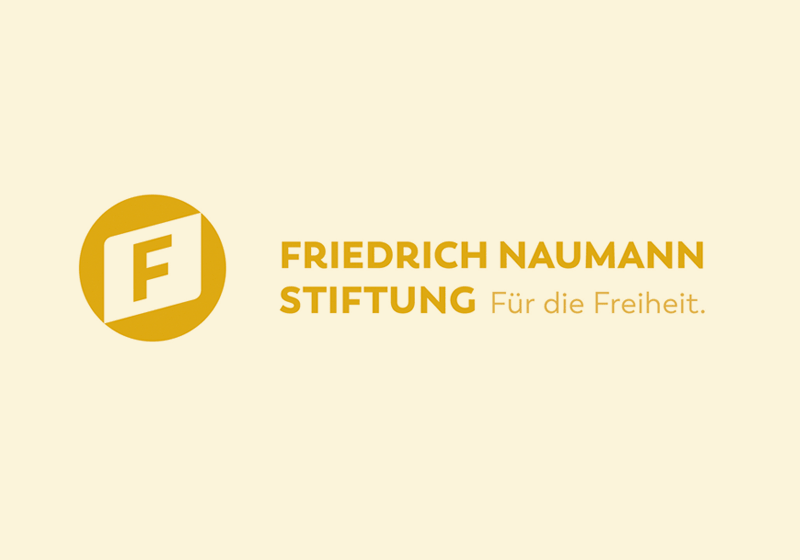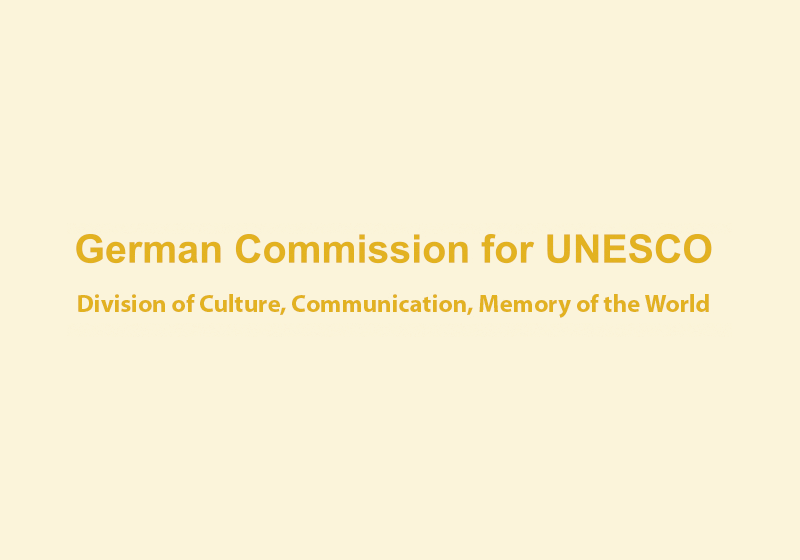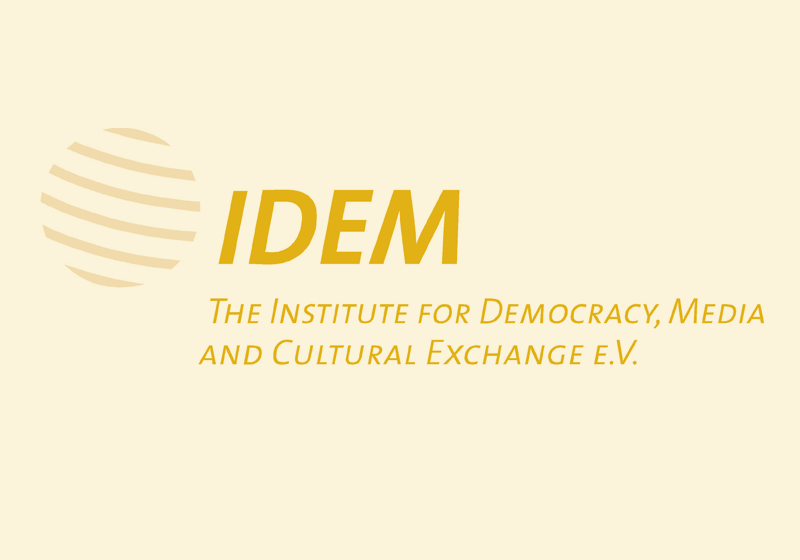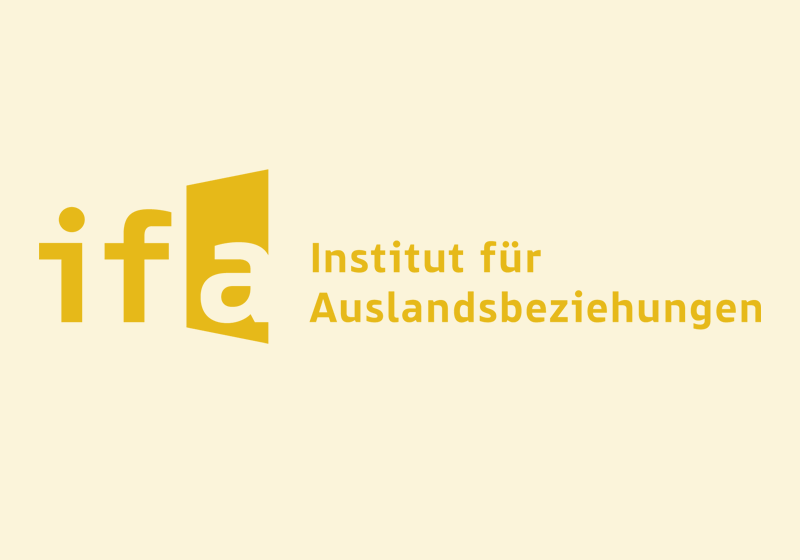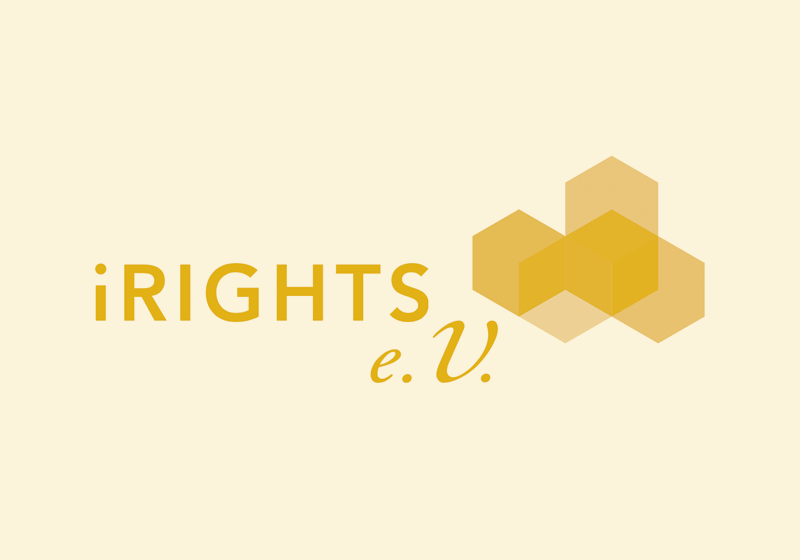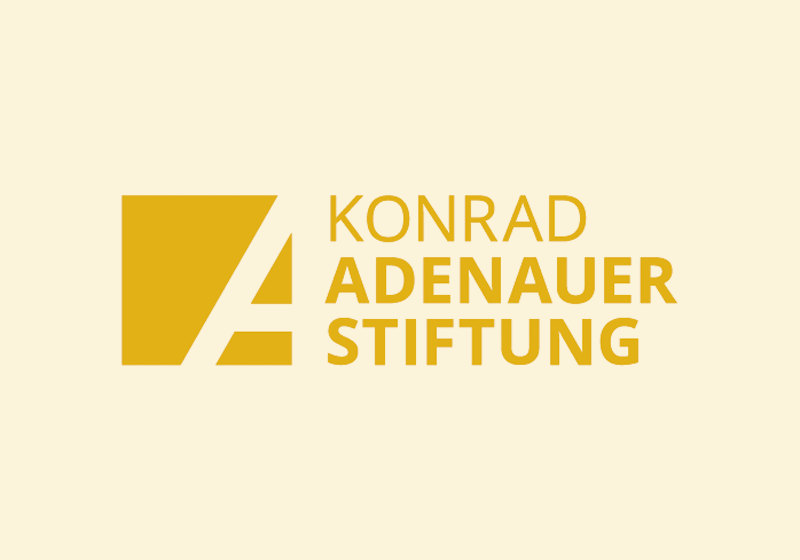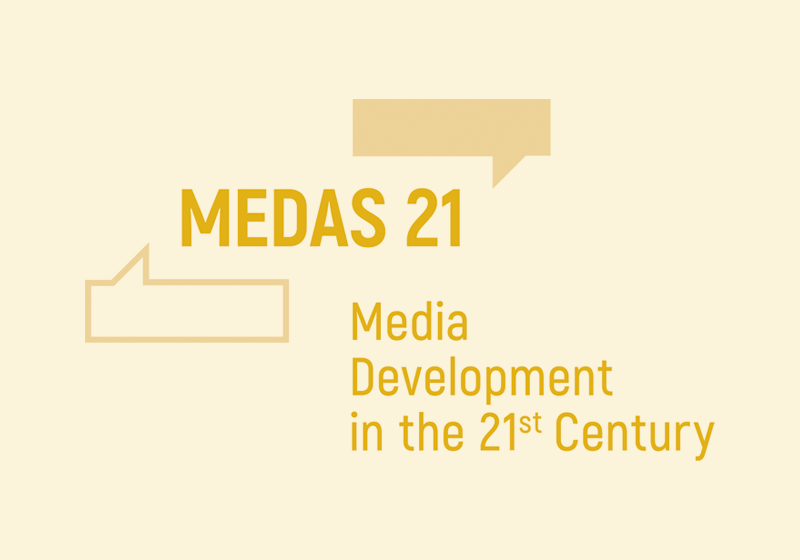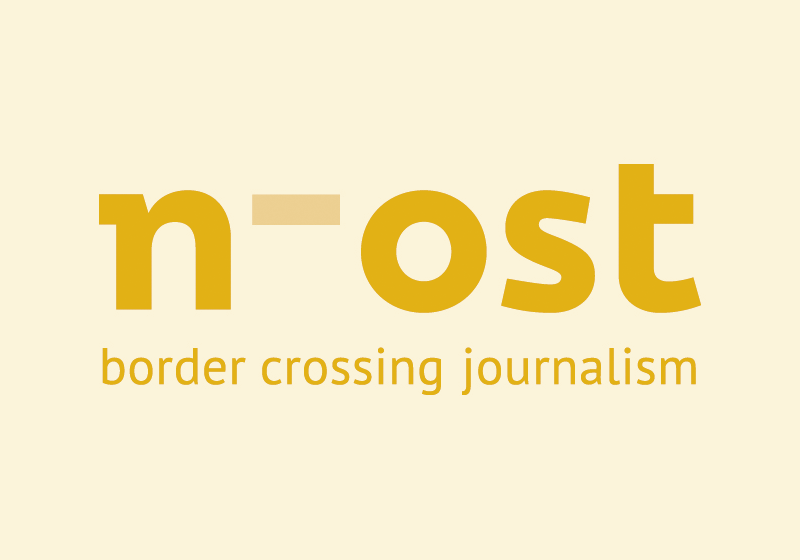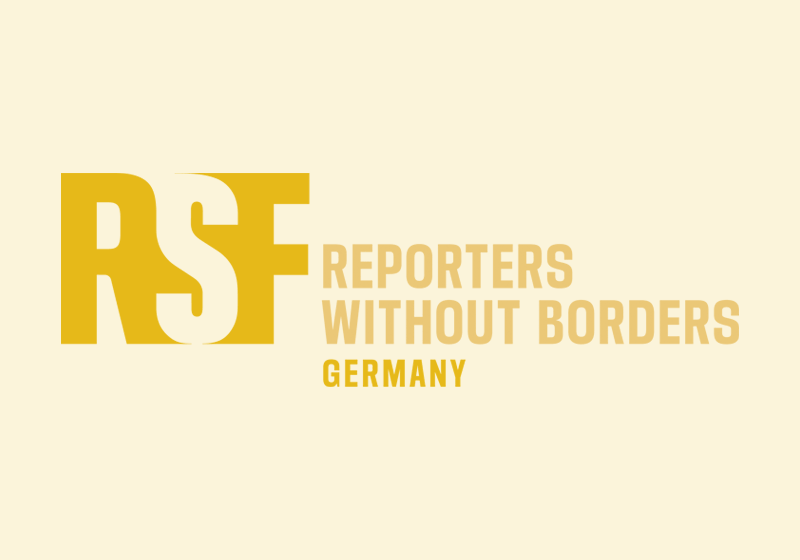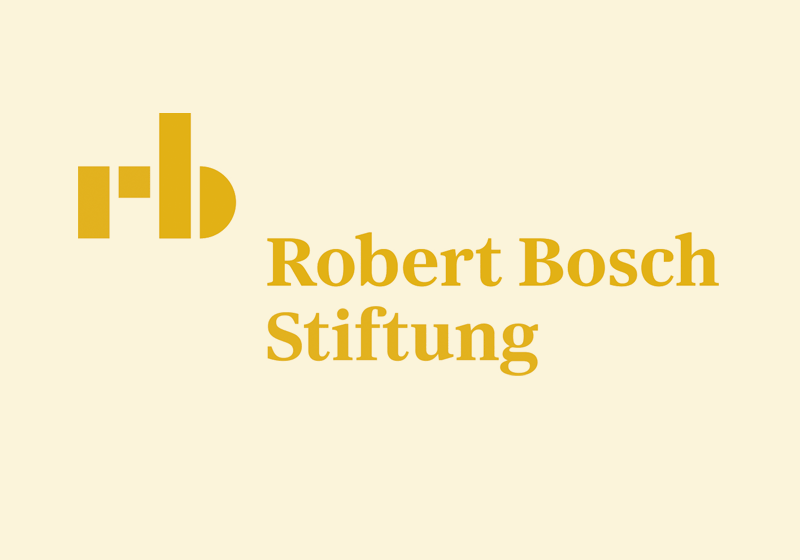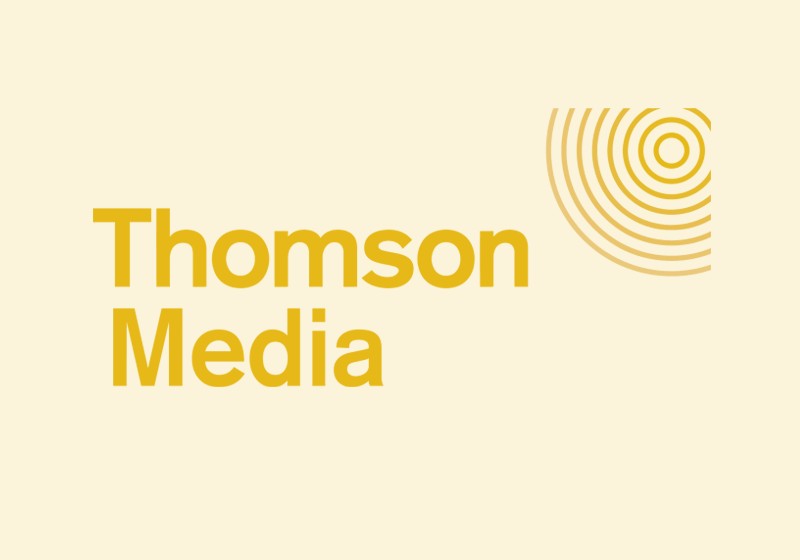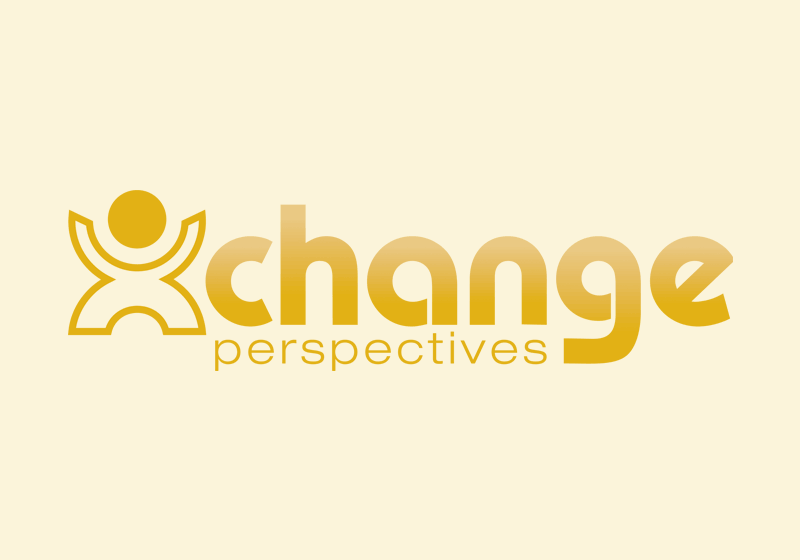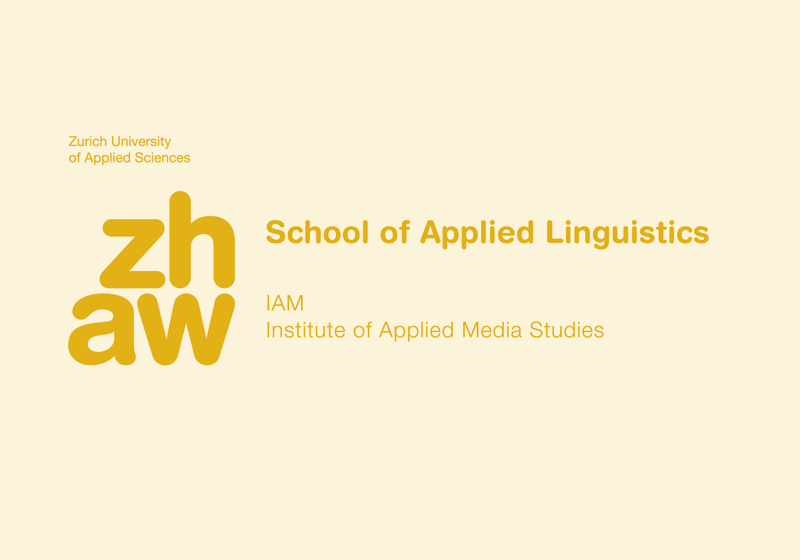Observer, Agitator, Target: Media and Media Assistance in Fragile Contexts
3rd-4th November 2016
Robert Bosch Stiftung, Französische Strasse 32, 10117 Berlin
Hosted by Media in Cooperation and Transition (MiCT)
On a global level, armed conflict has become more intense and more deadly in recent years. In fact, yearly war fatalities have tripled since 2008 – mainly due to the still high deathtolls in Afghanistan, Iraq and the extremly violent crisis in Syria. About 80% out of all conflicts worldwide are intrastate confrontations between non-state actors and the government and – increasingly – between non-state-actors.
Local media as well as international broadcasters can play an important role in shaping conflict. Media have the capacity to escalate or mitigate conflict, to act as catalysts or agitators, to engage in reconciliation or mobilisation. At the same time journalists and media-outlets are themselves targeted as parties to the conflict. The increasing impact of media-conflict-interactions has prompted the German “Forum Media and Development” to dedicate this year’s symposium to challenges of media assistance and media development in countries affected by armed conflict and instability. One aim is to evaluate existing concepts and to develop new approaches for media assistance in crisis-riven and fragile countries. Furthermore, the event will foster exchange between academic researchers and those engaged in the practice of media development. The International Communication Section of the German Communication Association is hence included as partner in the process of planning and implementing the event.
The following topics will be subject to discussion:
- Challenges of media polarization in the context of (armed) conflict and fragile statehood
- Measuring the impact of media and conflict reporting on conflict
- Ethical dilemmas for journalists and media development actors in conflict societies
- The role of media in reconciliation and transitional justice
- Information verification and Open Source intelligence
- Safety and protection of journalists in conflict zones
Besides presentations and discussions, the symposium will also include a Media Development Coaching Sessions and a Practitioner Roundtable. Both of these open sessions (held parallel on the morning of Friday, 4th of November) provide opportunity for practitioners and academics for getting together to share experiences and discuss current challenges of their work.
The symposium programme can be found here.
Learn more about the speakers.
Registration has been closed.
For more information about the location, accomodation etc. please read the practical information.
The planning group includes CAMECO, Deutsche Welle Akademie, GIZ, IDEM, MiCT, Reporters Without Borders, Robert Bosch Foundation and the Institute of Applied Media Studies (IAM) of the Zurich University for Applied Sciences (ZHAW). Prof. Dr. Carola Richter and Dr. Indira Dupuis are involved in the planning process as academic partners representing the Division on International and Intercultural Communication of the German Association of Communication Sciences (DGPuK).
The FoME Symposium 2016 is further supported by AGEH, Brot für die Welt, Friedrich Ebert Foundation, Friedrich Naumann Foundation for Freedom and Konrad Adenauer Foundation.


